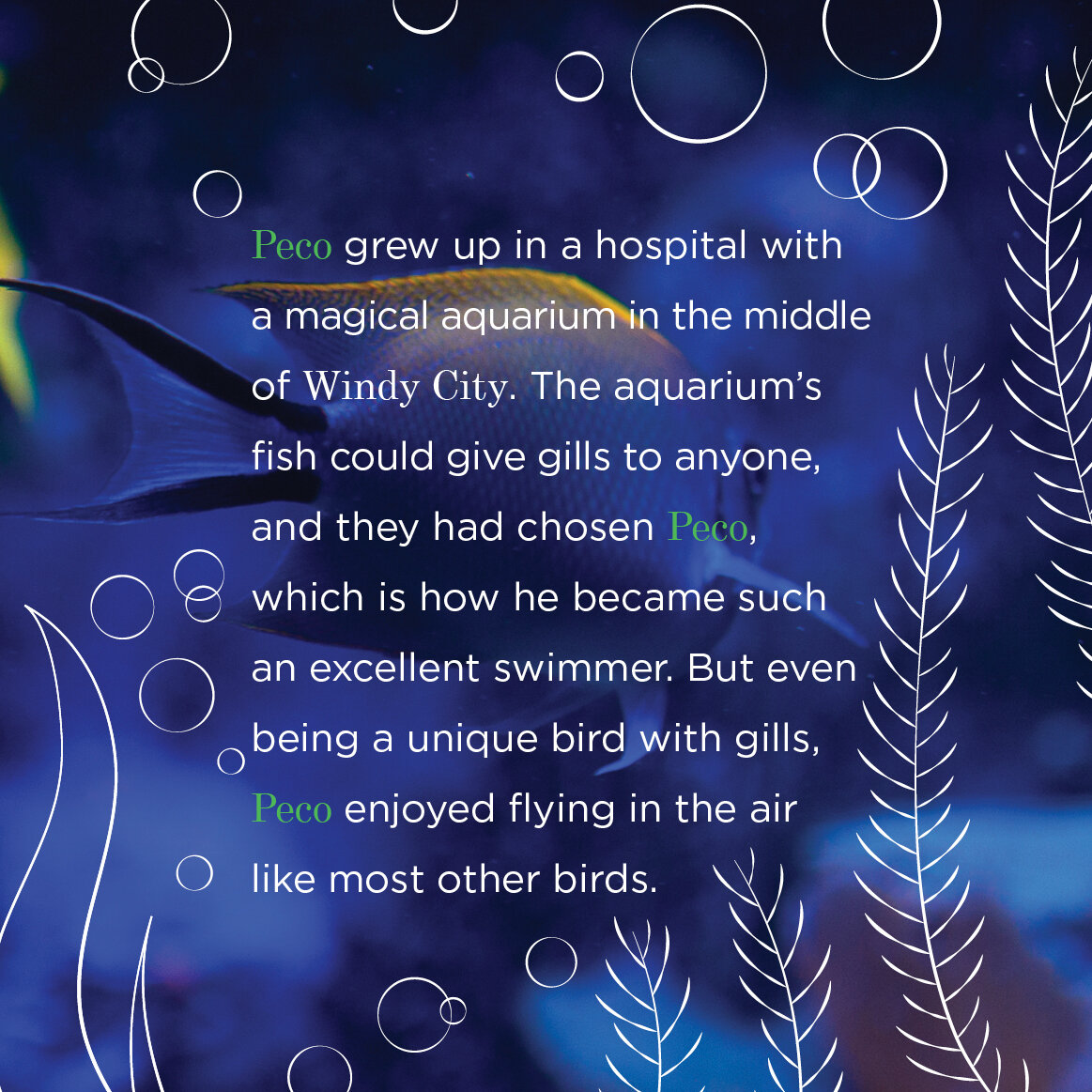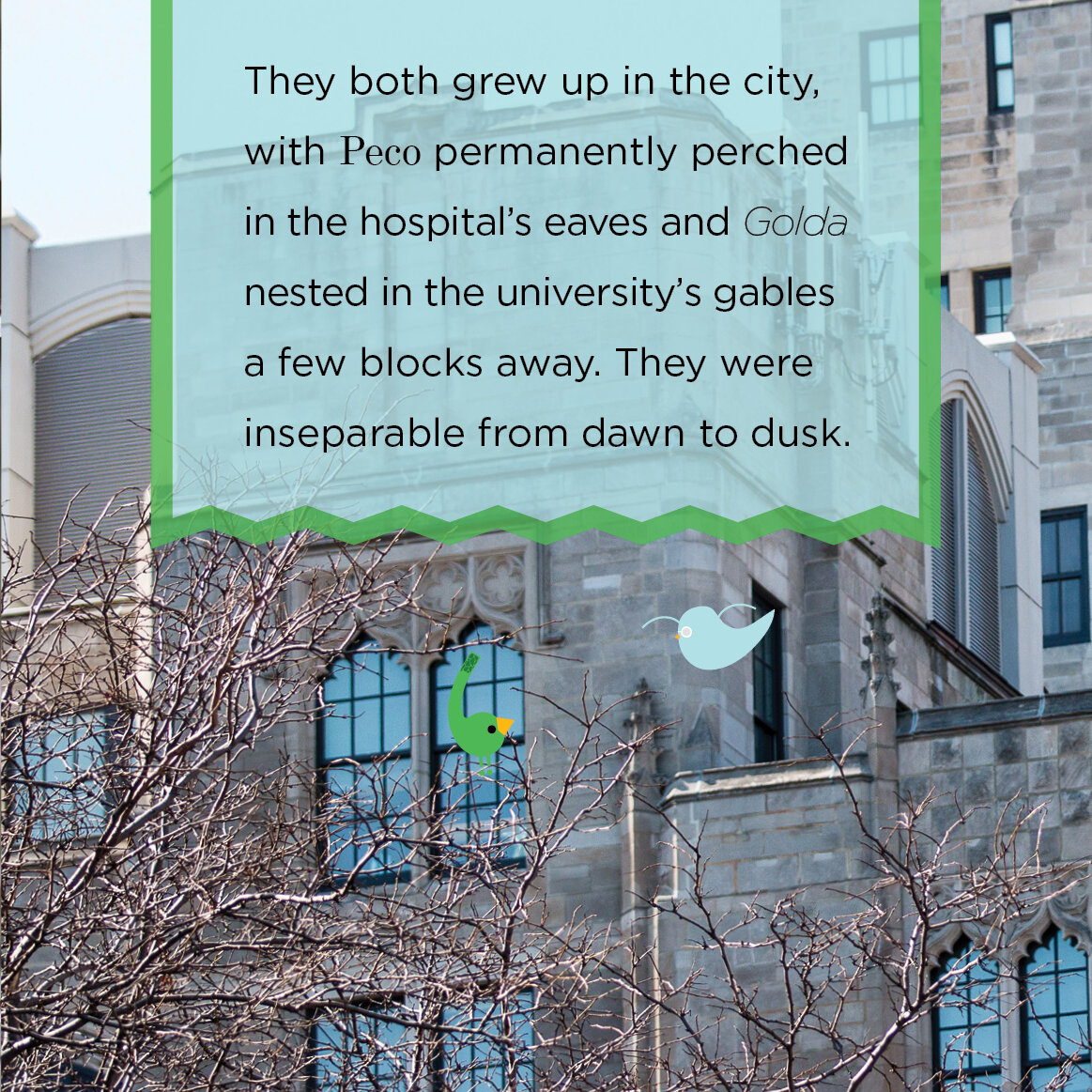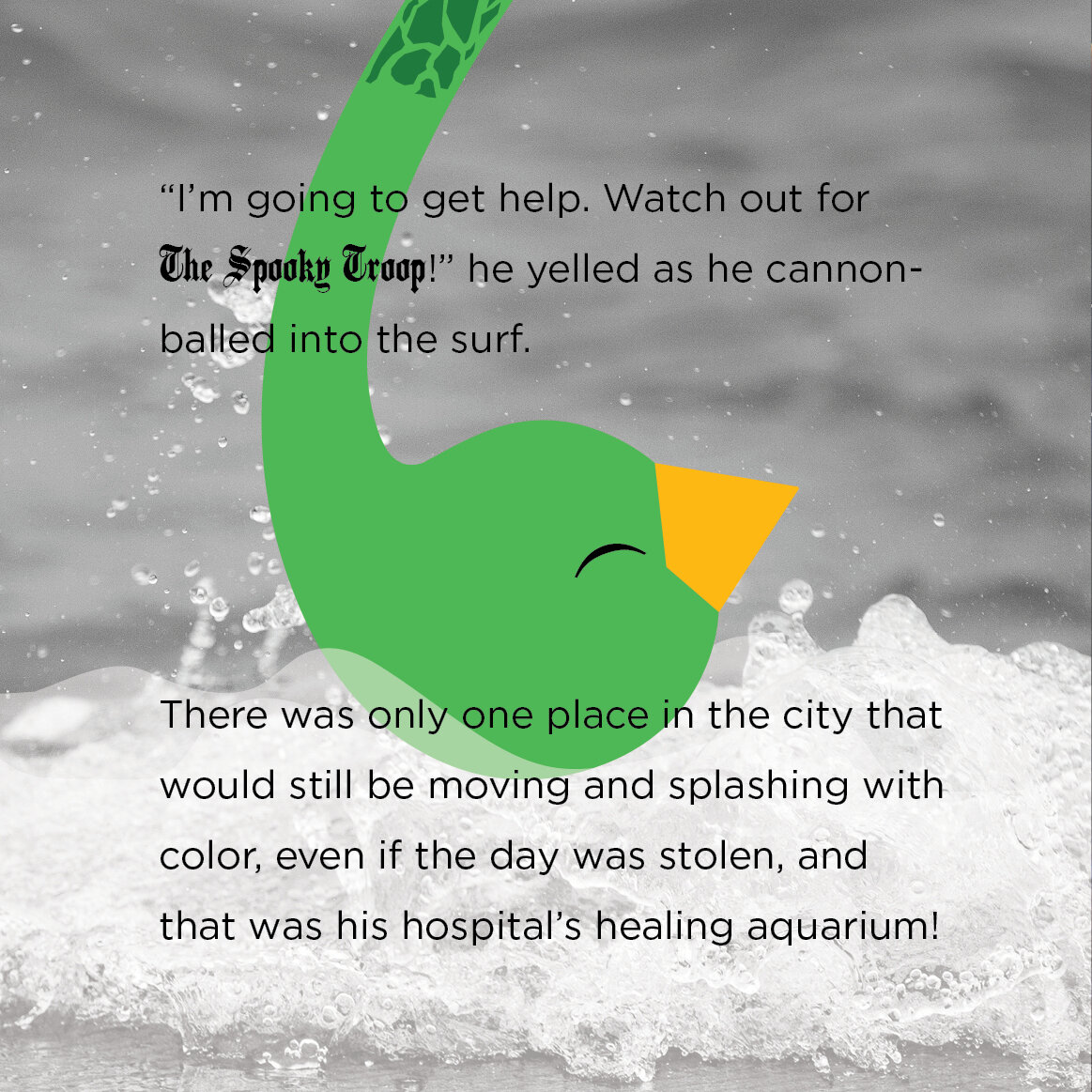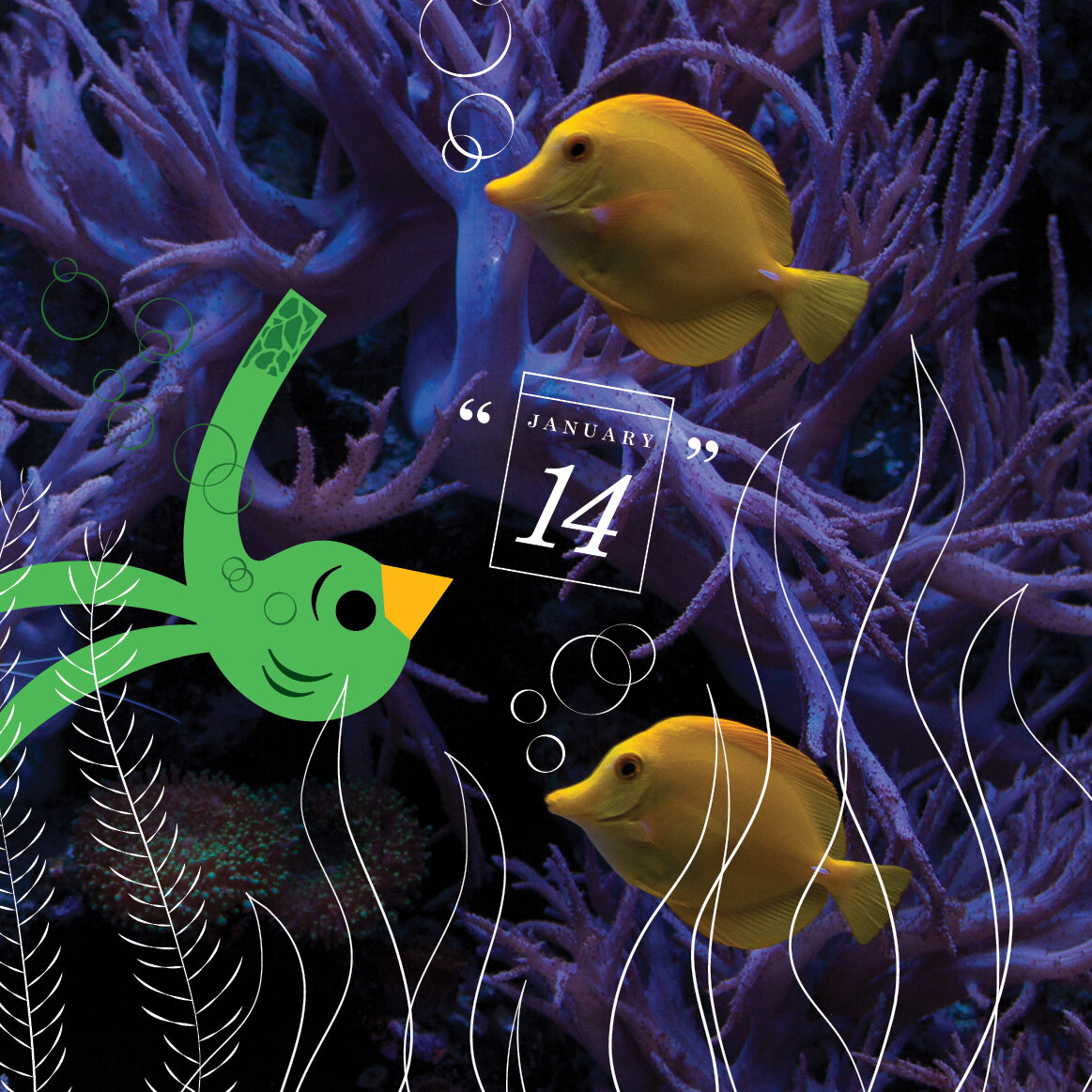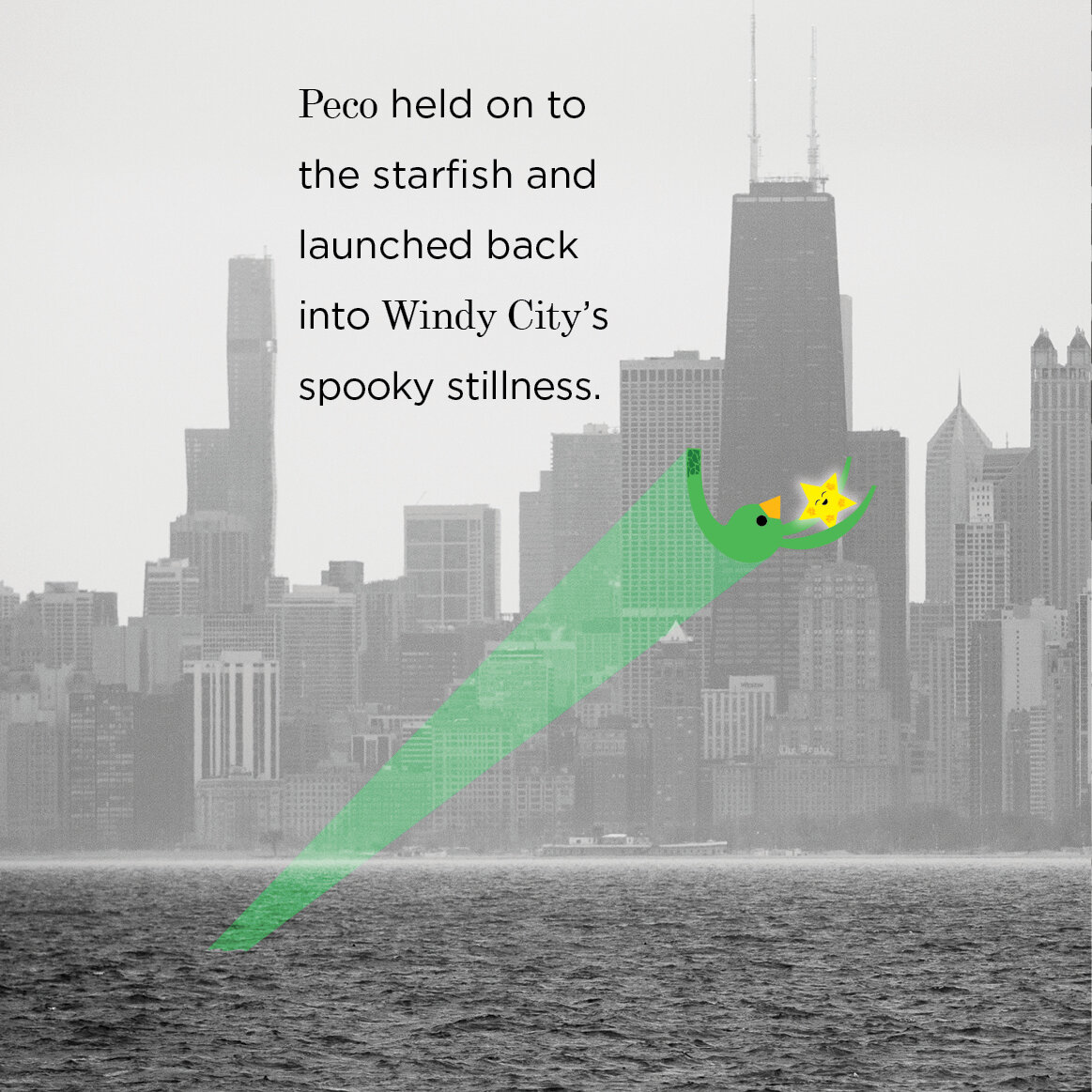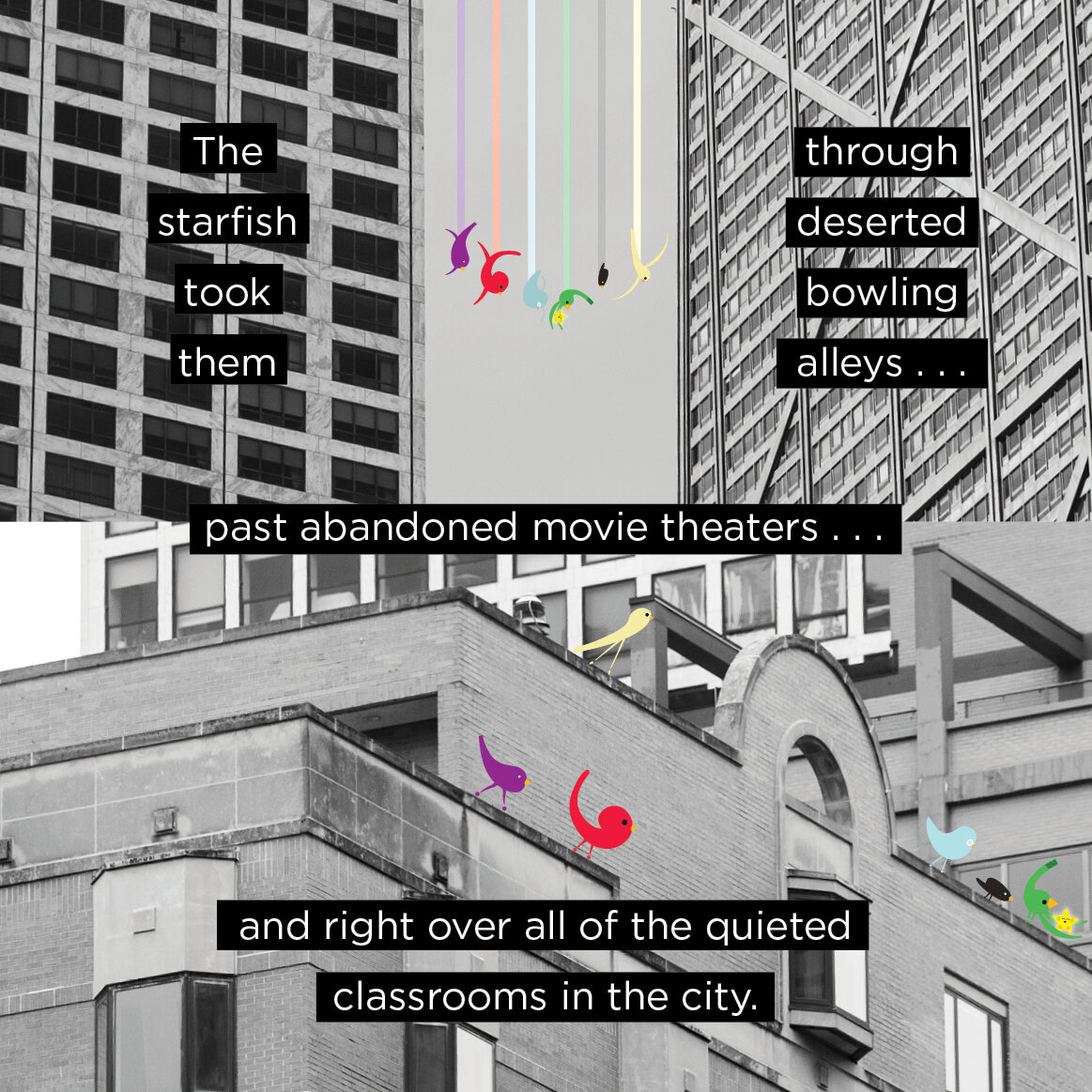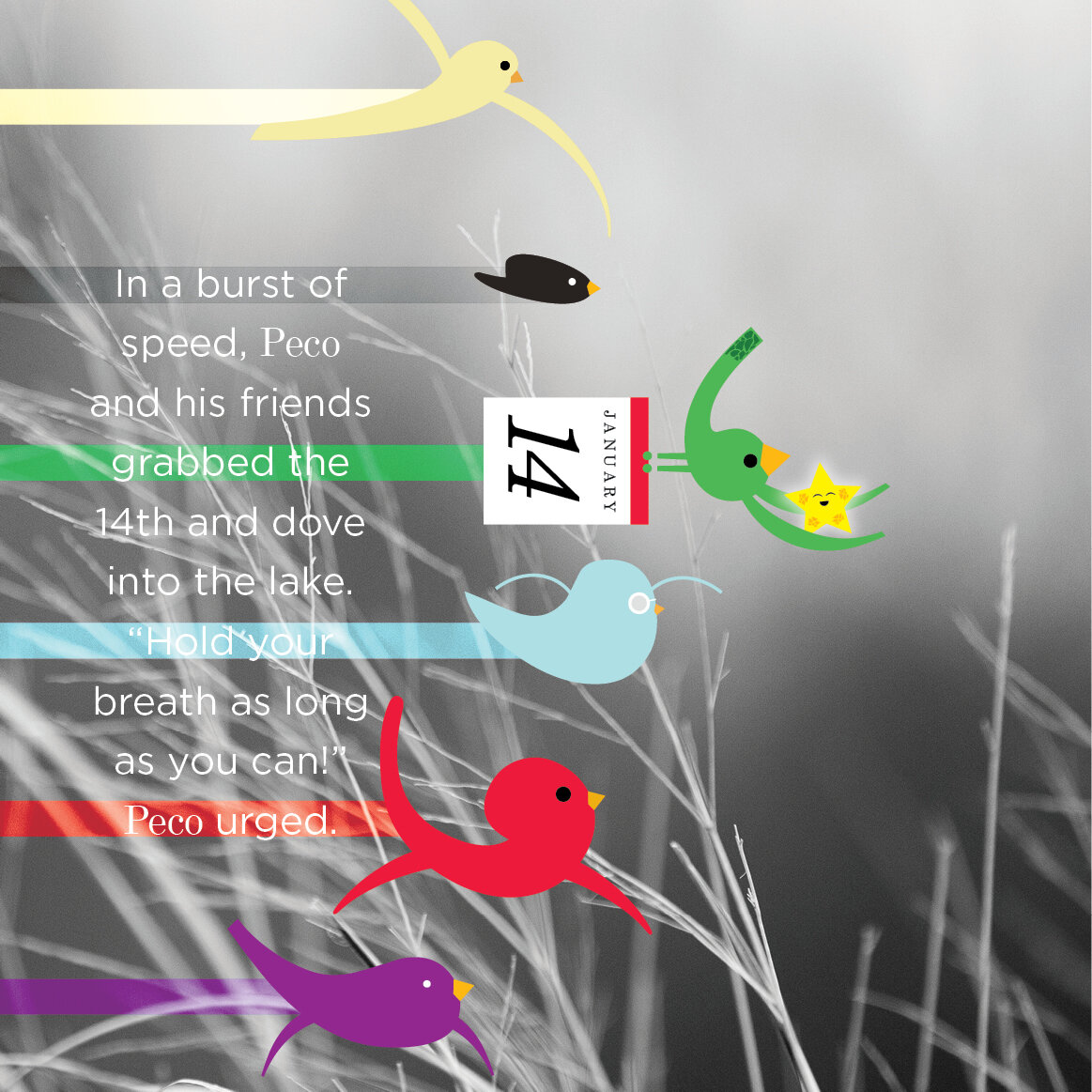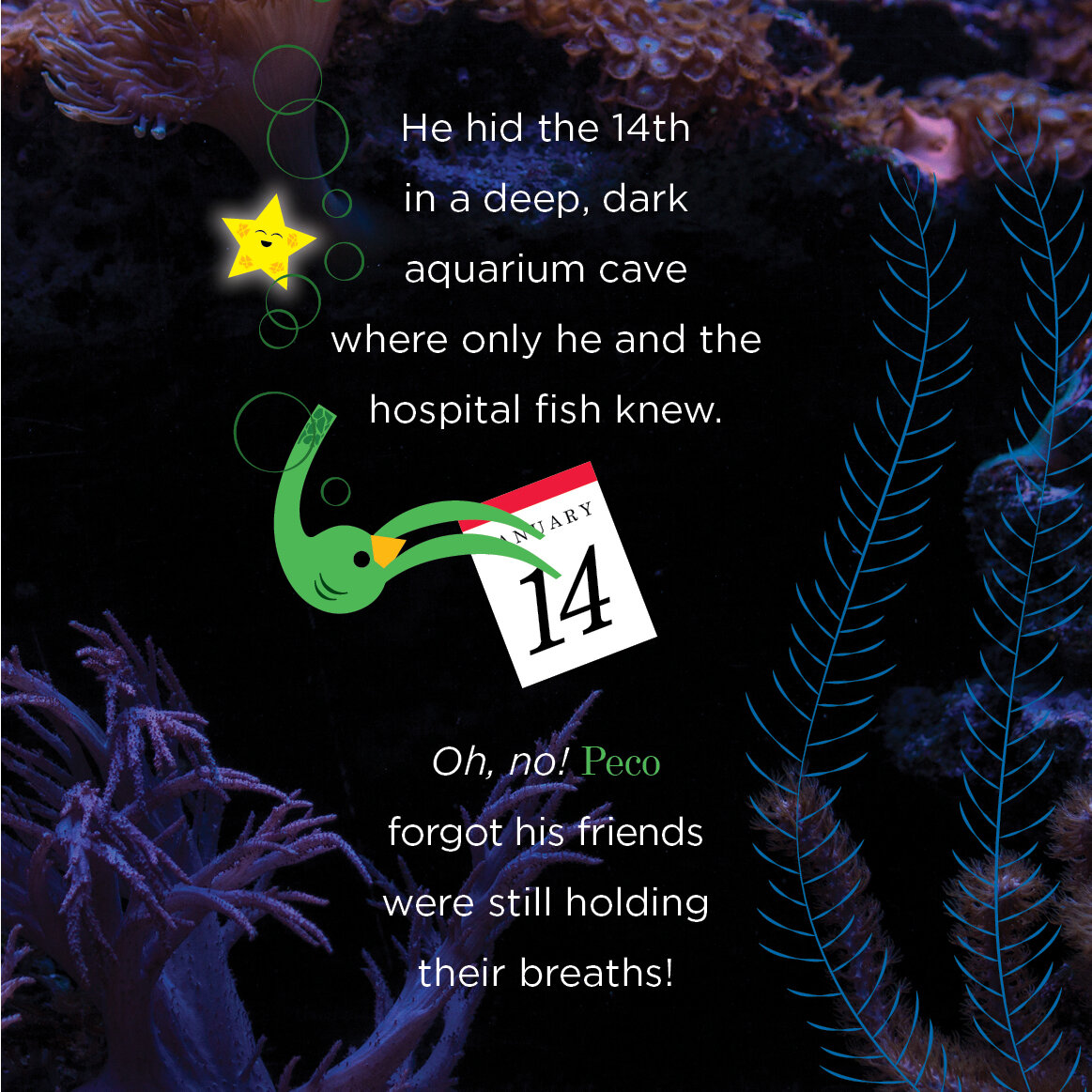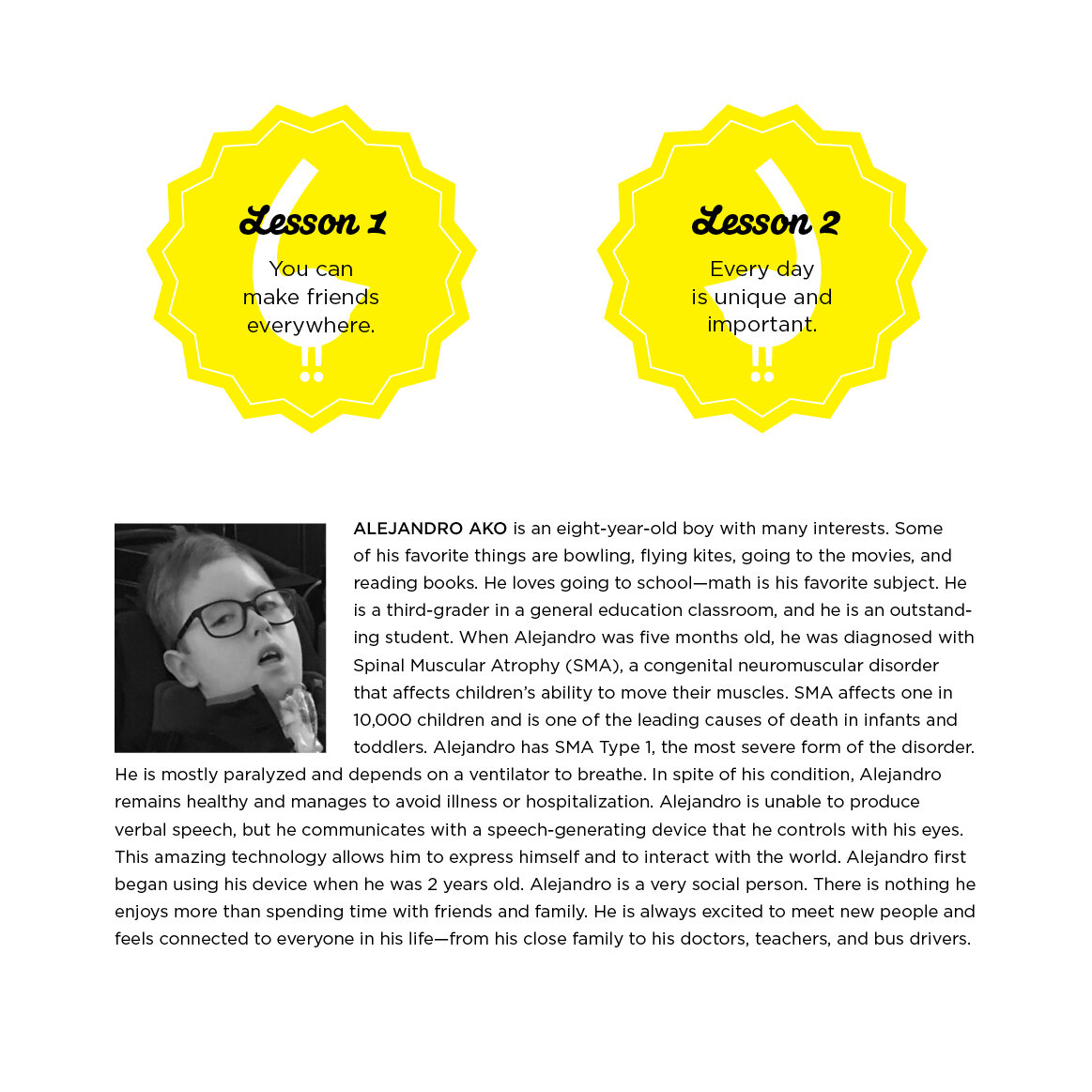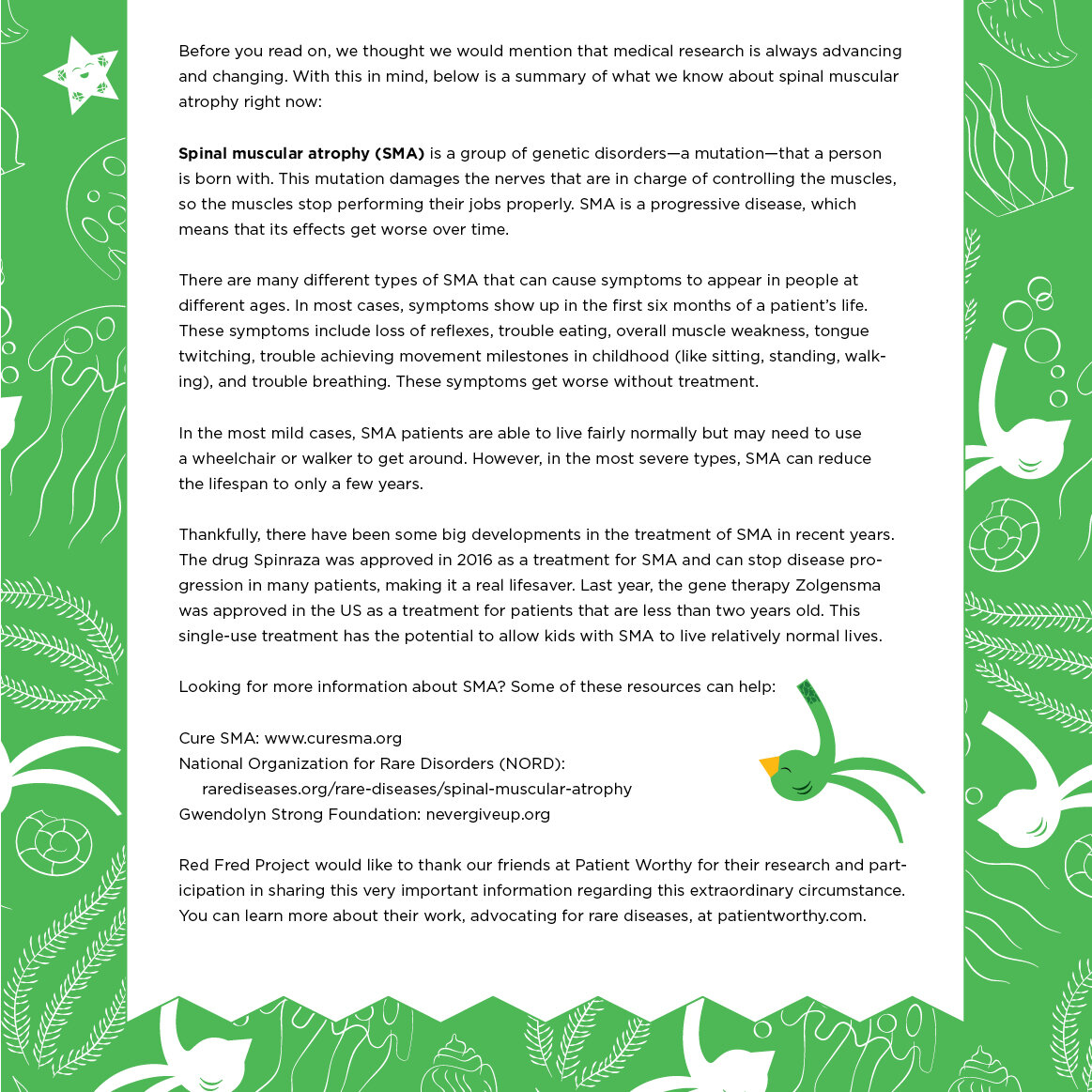Alejandro says “Hi!” to Dallas.
Alejandro Ako
Extraordinary Circumstance:
Spinal Muscular Atrophy
Book: Peco and the Stolen Date
Words, Design & Illustration, Photography
by DALLAS GRAHAM
Editing by Jeri Larsen
Alejandro Ako is an eight-year-old boy with many interests. Some of his favorite things are bowling, flying kites, going to the movies, and reading books. He loves going to school—math is his favorite subject. He is a third grader in a general education classroom, and he is an outstanding student. When Alejandro was five months old, he was diagnosed with Spinal Muscular Atrophy (SMA), a congenital neuromuscular disorder that affects children’s ability to move their muscles. SMA affects one in 10,000 children and is one of the leading causes of death in infants and toddlers. Alejandro has SMA Type 1, the most severe form of the disorder. He is mostly paralyzed and depends on a ventilator to breathe. In spite of his condition, Alejandro remains healthy and manages to avoid illness or hospitalization. Alejandro is unable to produce verbal speech, but he communicates with a speech-generating device that he controls with his eyes. This amazing technology allows him to express himself and to interact with the world. Alejandro first began using his device when he was 2 years old. Alejandro is a very social person. There is nothing he enjoys more than spending time with friends and family. He is always excited to meet new people and feels connected to everyone in his life—from his close family to his doctors, teachers, and bus drivers.
Watch this news story!
Read this article!
Alejandro's Book-Funding Chart
Some images from his workshops.
Read his book.
COPYRIGHT © 2020 BY DALLAS GRAHAM. ALL RIGHTS RESERVED. NO PART OF THIS BOOK MAY BE REPRODUCED IN ANY FORM BY ANY ELECTRONIC OR MECHANICAL MEANS INCLUDING PHOTOCOPYING, RECORDING, OR INFORMATION STORAGE AND RETRIEVAL WITHOUT PERMISSION IN WRITING FROM THE COPYRIGHT HOLDER.
LEARN ABOUT
Spinal Muscular Atrophy
Spinal muscular atrophy (SMA) is a group of genetic disorders—a mutation—that a person is born with. This mutation damages the nerves that are in charge of controlling the muscles, so the muscles stop performing their jobs properly. SMA is a progressive disease, which means that its effects get worse over time. There are many different types of SMA that can cause symptoms to appear in people at different ages. In most cases, symptoms show up in the first six months of a patient’s life. These symptoms include loss of reflexes, trouble eating, overall muscle weakness, tongue twitching, trouble achieving movement milestones in childhood (like sitting, standing, walking), and trouble breathing. These symptoms get worse without treatment. In the most mild cases, SMA patients are able to live fairly normally but may need to use a wheelchair or walker to get around. However, in the most severe types, SMA can reduce the lifespan to only a few years. Thankfully, there have been some big developments in the treatment of SMA in recent years. The drug Spinraza was approved in 2016 as a treatment for SMA and can stop disease progression in many patients, making it a real lifesaver. Last year, the gene therapy Zolgensma was approved in the US as a treatment for patients that are less than two years old. This single-use treatment has the potential to allow kids with SMA to live relatively normal lives.
Looking to learn more about SMA? Some of these resources can help:
www.curesma.org
rarediseases.org/rare-diseases/spinal-muscular-atrophy
nevergiveup.org
RED FRED PROJECT WOULD LIKE TO THANK OUR FRIENDS AT PATIENT WORTHY FOR THEIR RESEARCH AND PARTICIPATION IN SHARING THIS VERY IMPORTANT INFORMATION REGARDING THIS EXTRAORDINARY CIRCUMSTANCE. YOU CAN LEARN MORE ABOUT THEIR WORK AT PATIENTWORTHY.COM.
































